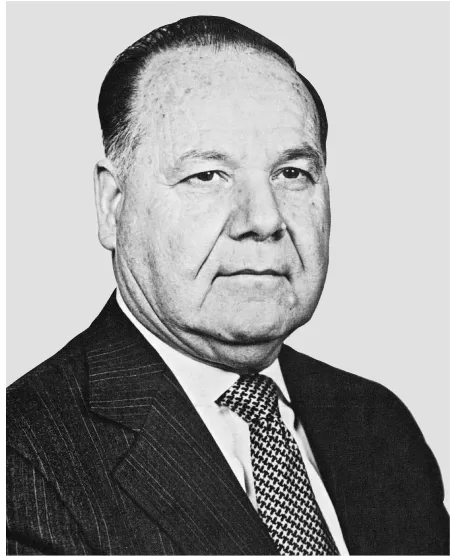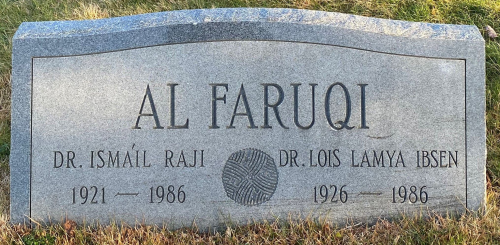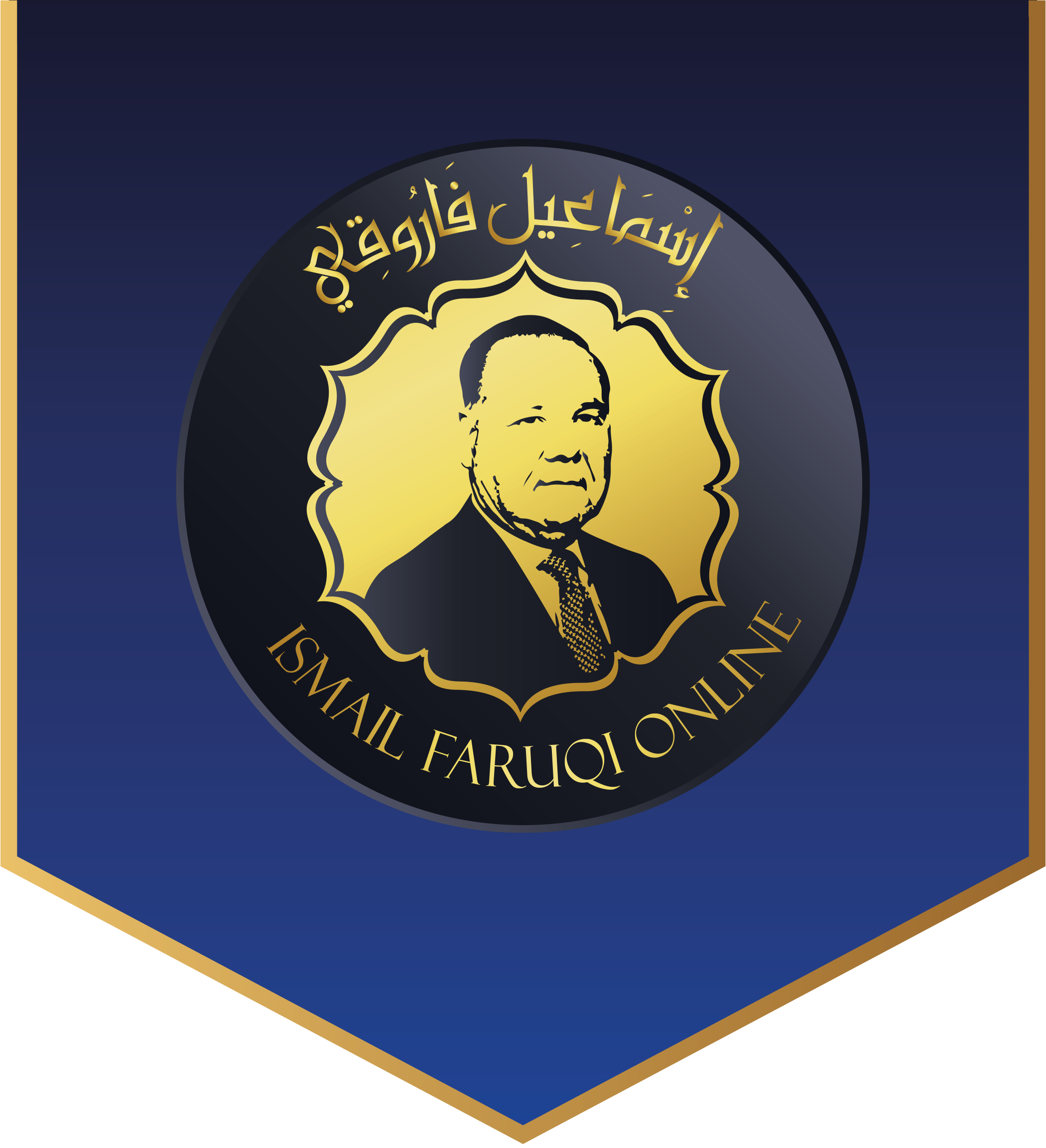
Isma’il Raji al-Faruqi (January 1, 1921 – May 27, 1986) was a prominent Palestinian-American philosopher, author, and educator who made significant contributions to Islamic and interfaith studies. He authored over 100 articles and 25 books, including the influential “Christian Ethics: A Historical and Systematic Analysis of Its Dominant Ideas,” and established the International Institute of Islamic Thought. Al-Faruqi’s impact on academic discourse and interfaith dialogue was considerable, both during his lifetime and beyond.
Early Life and Education
Al-Faruqi was born in Jaffa, then under British mandate Palestine, in 1921. His father, ‘Abd al-Huda al-Faruqi, an Islamic judge (qadi) and a religious scholar, provided the young al-Faruqi with his early religious education. In 1936, al-Faruqi commenced formal education at the French Dominican Collège des Frères de Jaffa.
Al-Faruqi’s early career began as a registrar of cooperative societies (1942) under the British Mandate government in Jerusalem. He was appointed as the district governor of Galilee in 1945. Following the creation of the independent Jewish state of Israel in 1948, al-Faruqi emigrated to Beirut, Lebanon, and later to the United States, where he pursued higher education at Indiana University and Harvard University. His theses, deeply influenced by philosopher Max Scheler, reflect his immersion in classical and Western philosophical thought.
Higher Studies and Teaching Experience
Al-Faruqi undertook further Islamic studies at Al-Azhar University (1954–1958) in Egypt, following which he was offered a fellowship at the Faculty of Divinity at McGill University, Canada. Here, he engaged deeply with Christian theology and Judaism and built a lifelong academic relationship with Pakistani-Muslim philosopher Fazlur Rahman.
His academic journey took him to several prestigious institutions across the globe, including the Central Institute of Islamic Research in Pakistan, the University of Chicago’s Divinity School, and Syracuse University. His tenure at these institutions was marked by his rigorous scholarly pursuits and his passionate advocacy for his cultural and religious identity.
Scholarly Achievements and Contributions

Throughout his academic career, al-Faruqi championed the Islamization of knowledge and argued for the importance of understanding Islamic tenets within their original Arabic linguistic and cultural context. His intellectual contributions span over a hundred scholarly articles and 25 books, with “Christian Ethics: A Historical and Systematic Analysis of Its Dominant Ideas” being particularly noteworthy.
He was also a founder of the International Institute of Islamic Thought (IIIT) and established the Islamic Studies Group of the American Academy of Religion, chairing it for a decade. Al-Faruqi also served in leadership roles at the Inter-Religious Peace Colloquium, The Muslim-Jewish-Christian Conference, and the American Islamic College in Chicago.
Death

Tragically, al-Faruqi and his wife were murdered in their Pennsylvania home in May 1986. The assailant, Joseph Louis Young, also known as Yusuf Ali, was sentenced to the death penalty. His death in prison in 1996 closed the final chapter of a life marred by this brutal crime.
Isma’il Raji al-Faruqi’s enduring legacy remains the significant scholarly contributions he made to the study of Islam and his efforts in promoting interfaith dialogue and understanding. His extensive body of work continues to influence academic discourse in the field of religious studies, making him a pivotal figure in Islamic and interfaith scholarship.
- Biographical entry in Wikipedia

